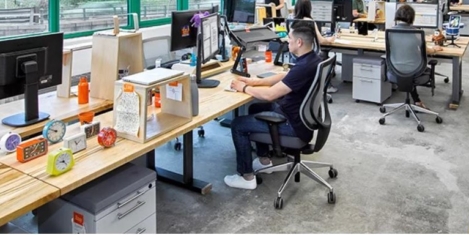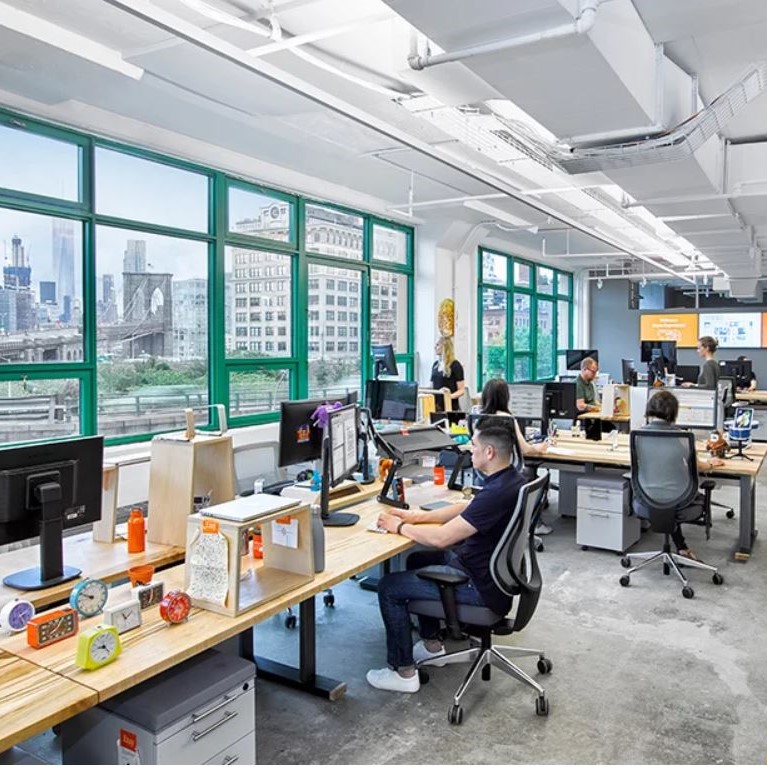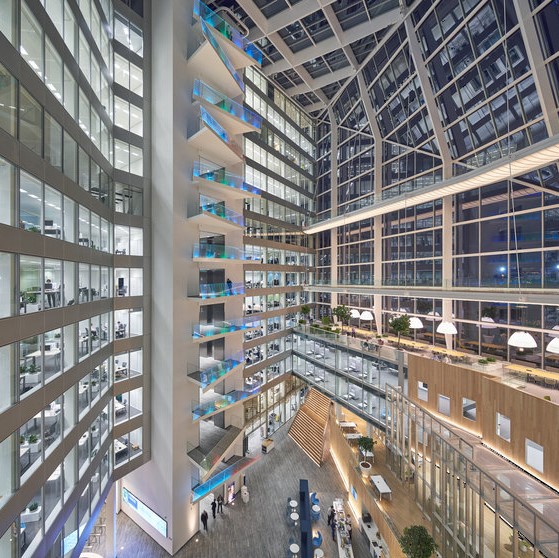To provide the best experiences, we use technologies like cookies to store and/or access device information. Consenting to these technologies will allow us to process data such as browsing behaviour or unique IDs on this site. Not consenting or withdrawing consent, may adversely affect certain features and functions.
The technical storage or access is strictly necessary for the legitimate purpose of enabling the use of a specific service explicitly requested by the subscriber or user, or for the sole purpose of carrying out the transmission of a communication over an electronic communications network.
The technical storage or access is necessary for the legitimate purpose of storing preferences that are not requested by the subscriber or user.
The technical storage or access that is used exclusively for statistical purposes.
The technical storage or access that is used exclusively for anonymous statistical purposes. Without a subpoena, voluntary compliance on the part of your Internet Service Provider, or additional records from a third party, information stored or retrieved for this purpose alone cannot usually be used to identify you.
The technical storage or access is required to create user profiles to send advertising, or to track the user on a website or across several websites for similar marketing purposes.
 The Brexit impasse is contributing to perceptions that the UK Commercial Property Market is in the downturn phase of the property cycle, according to the Q3 2019 RICS UK Commercial Property Market Survey. The latest results suggest that the highest proportion of respondents sensing the overall market is in the downturn phase of the property cycle since the series began in 2015 (+62 percent up from +53 percent in Q2), with anecdotal evidence suggesting that Brexit is having an increasingly detrimental impact on market activity. (more…)
The Brexit impasse is contributing to perceptions that the UK Commercial Property Market is in the downturn phase of the property cycle, according to the Q3 2019 RICS UK Commercial Property Market Survey. The latest results suggest that the highest proportion of respondents sensing the overall market is in the downturn phase of the property cycle since the series began in 2015 (+62 percent up from +53 percent in Q2), with anecdotal evidence suggesting that Brexit is having an increasingly detrimental impact on market activity. (more…)

































October 11, 2019
How the Dutch pioneered agile working, wellbeing and smart buildings
by Mark Eltringham • Comment, Workplace design